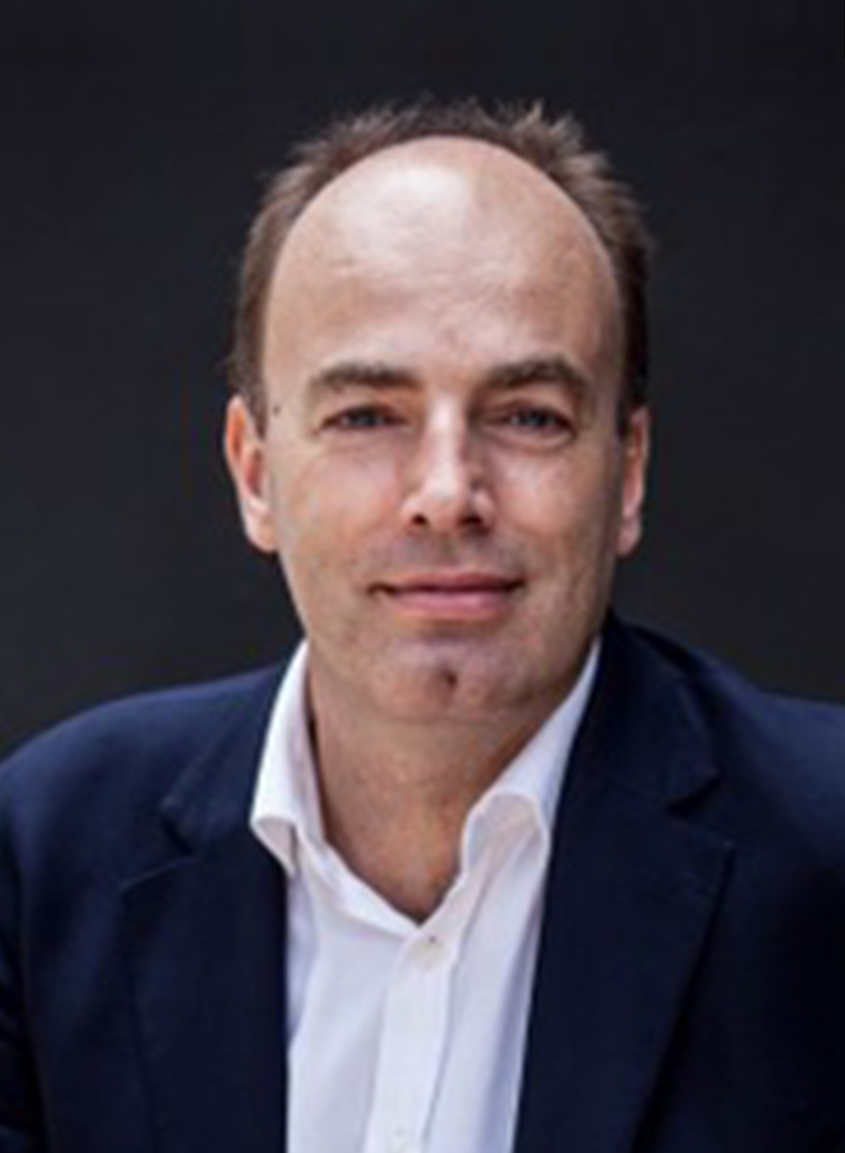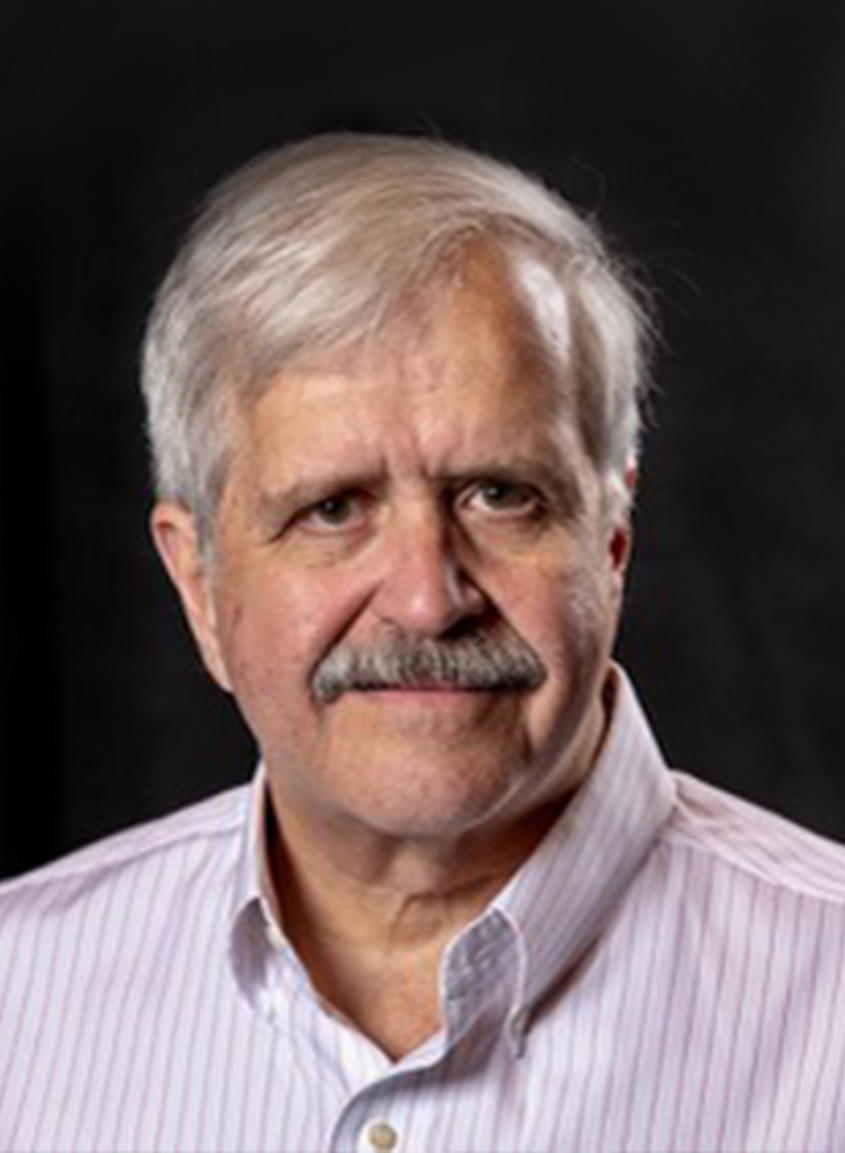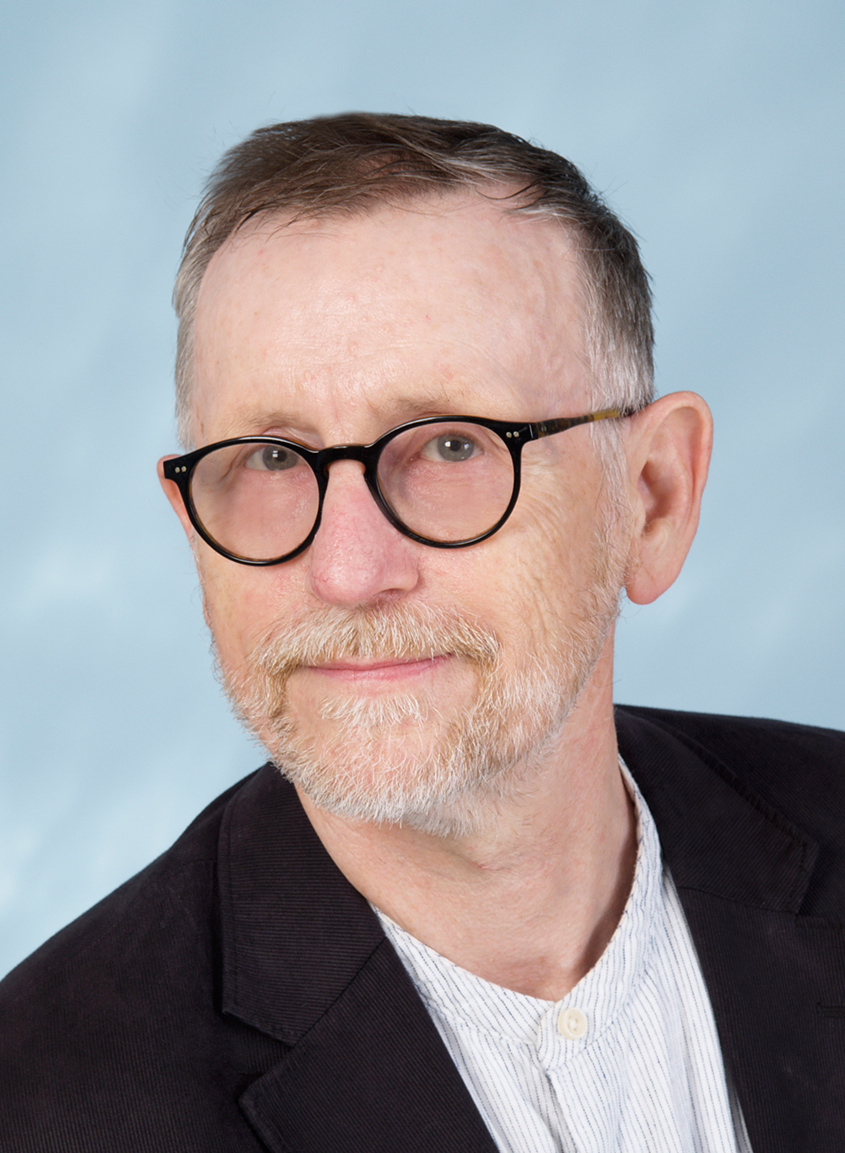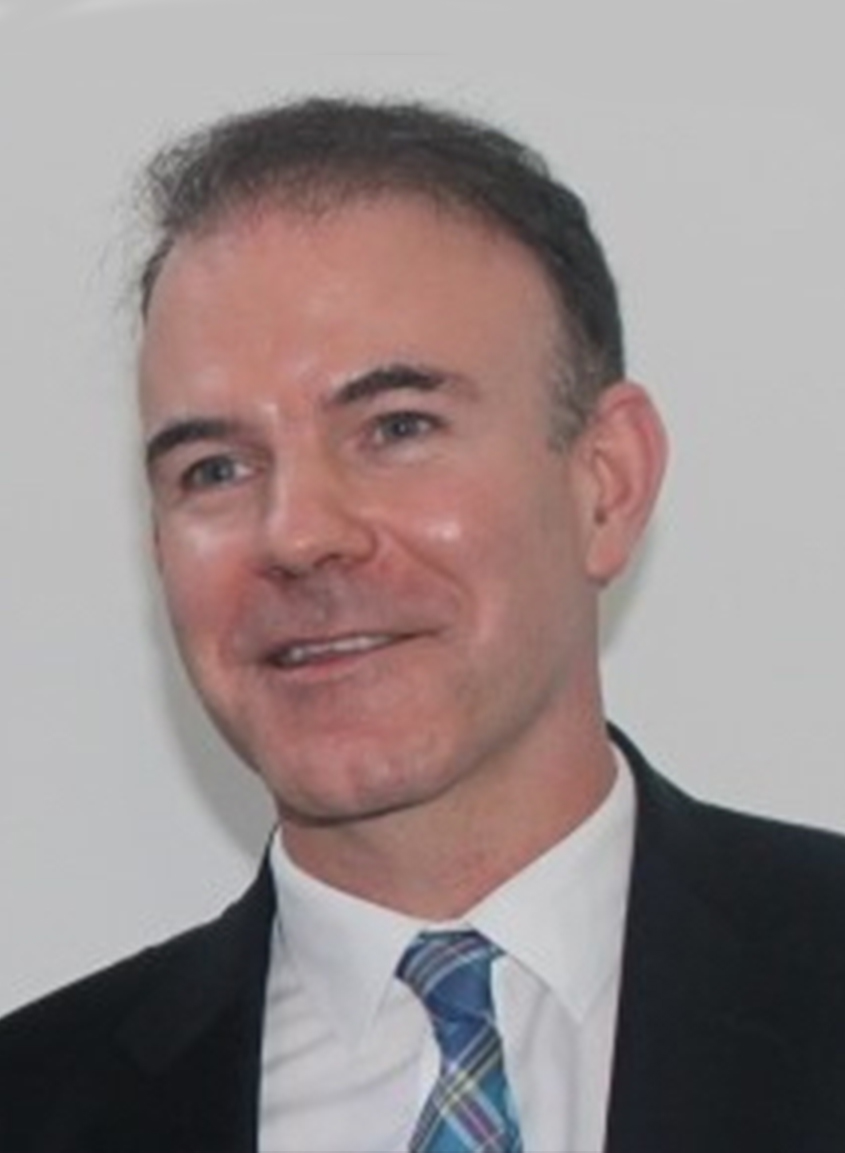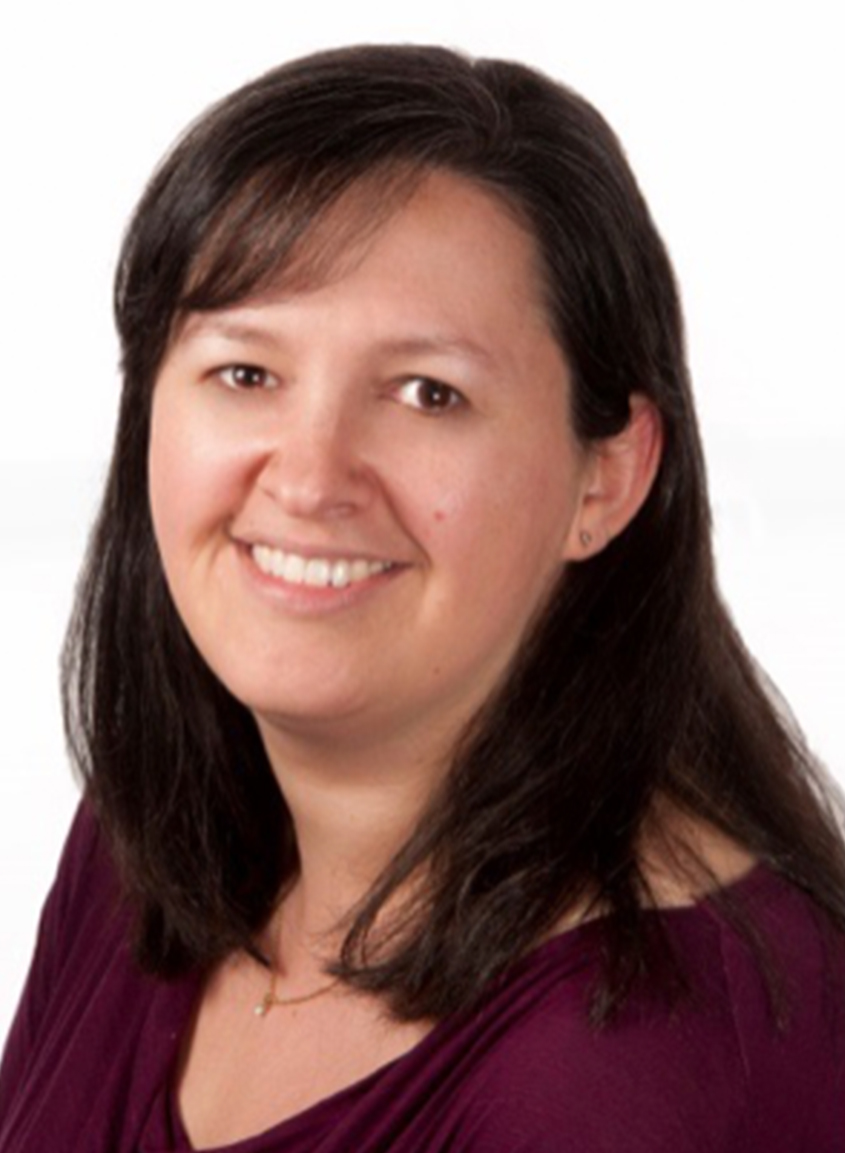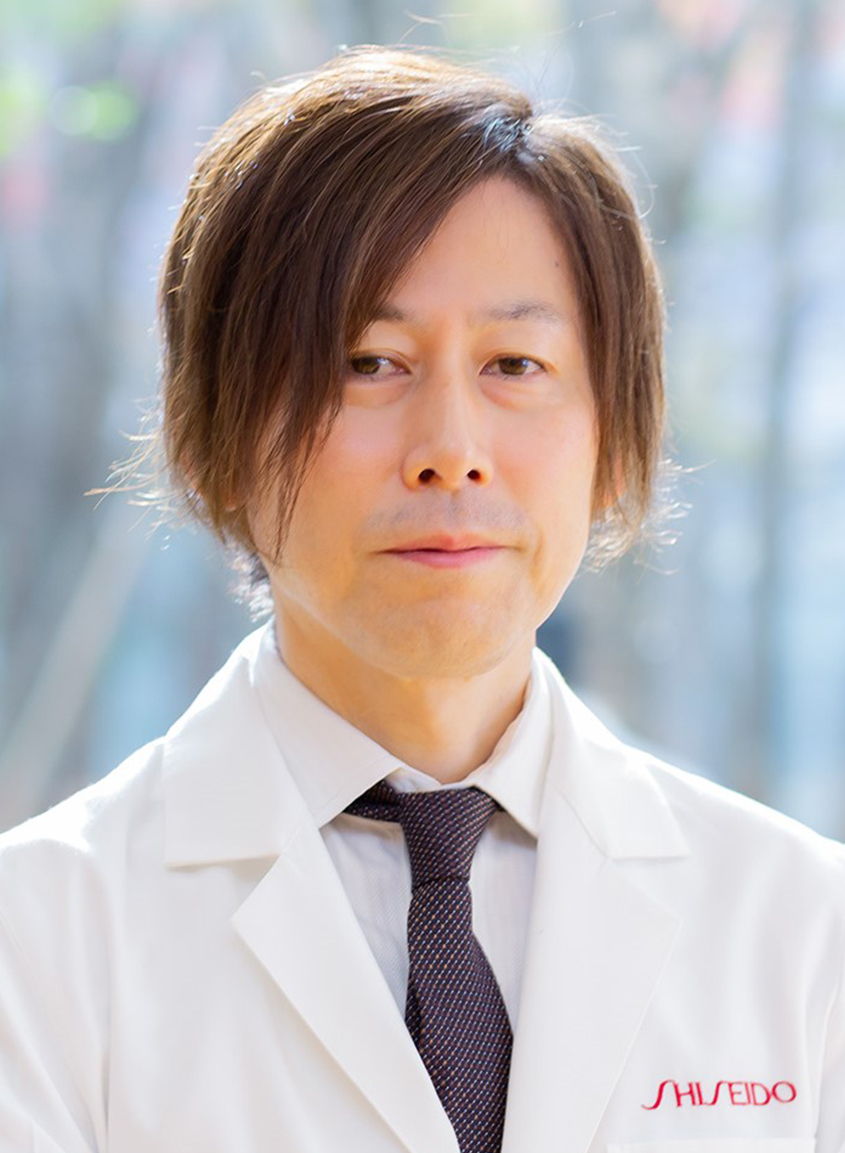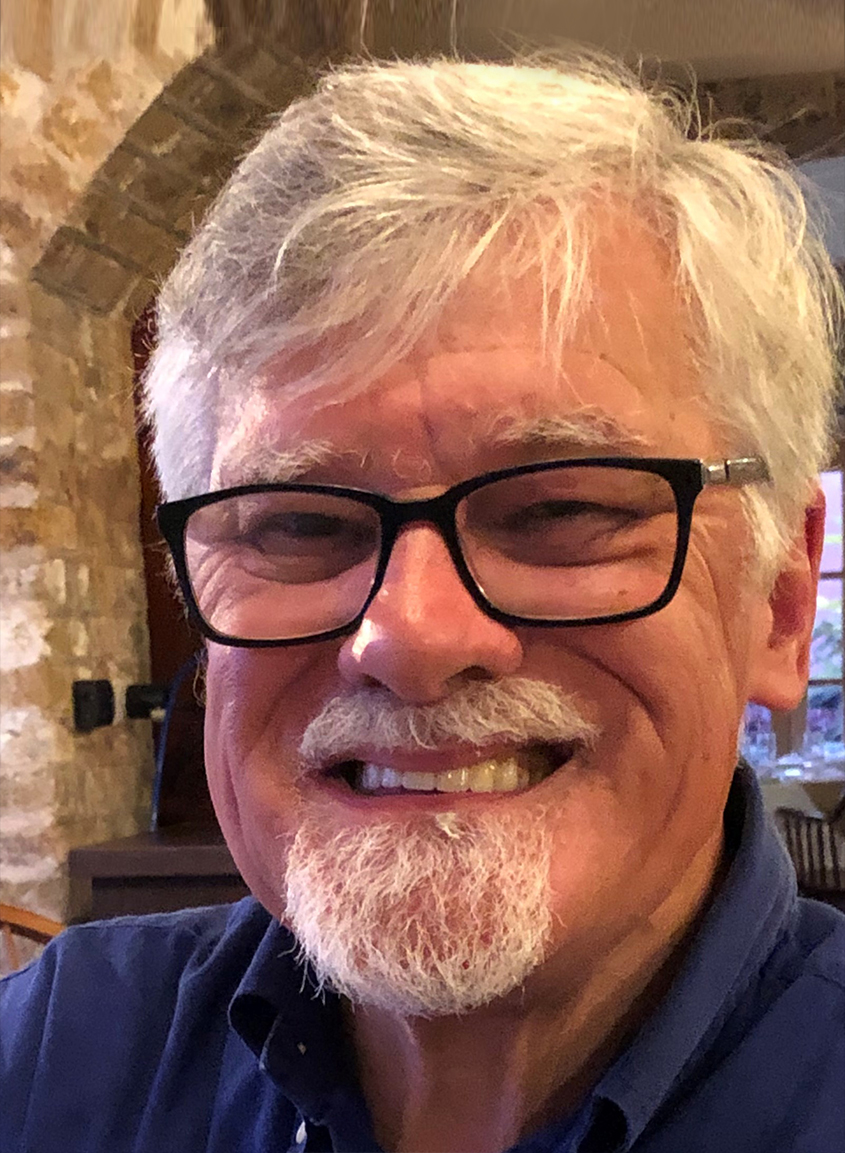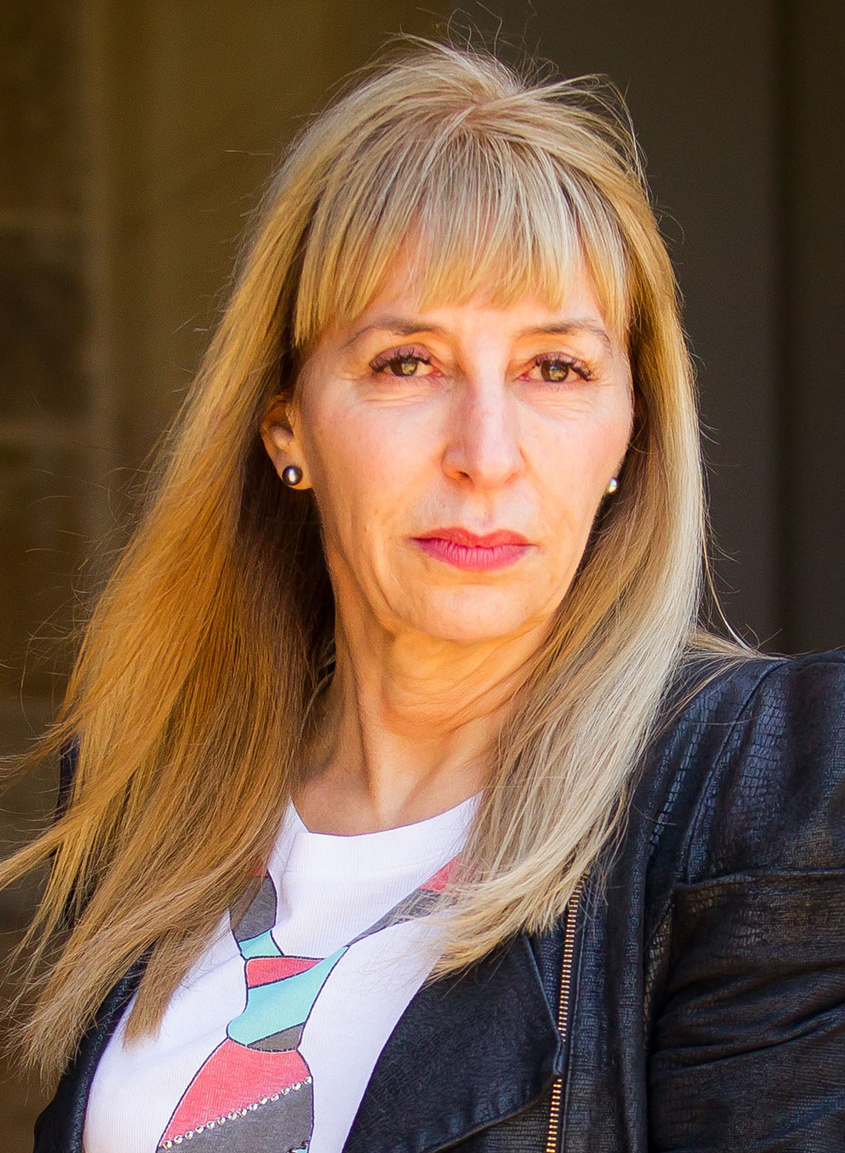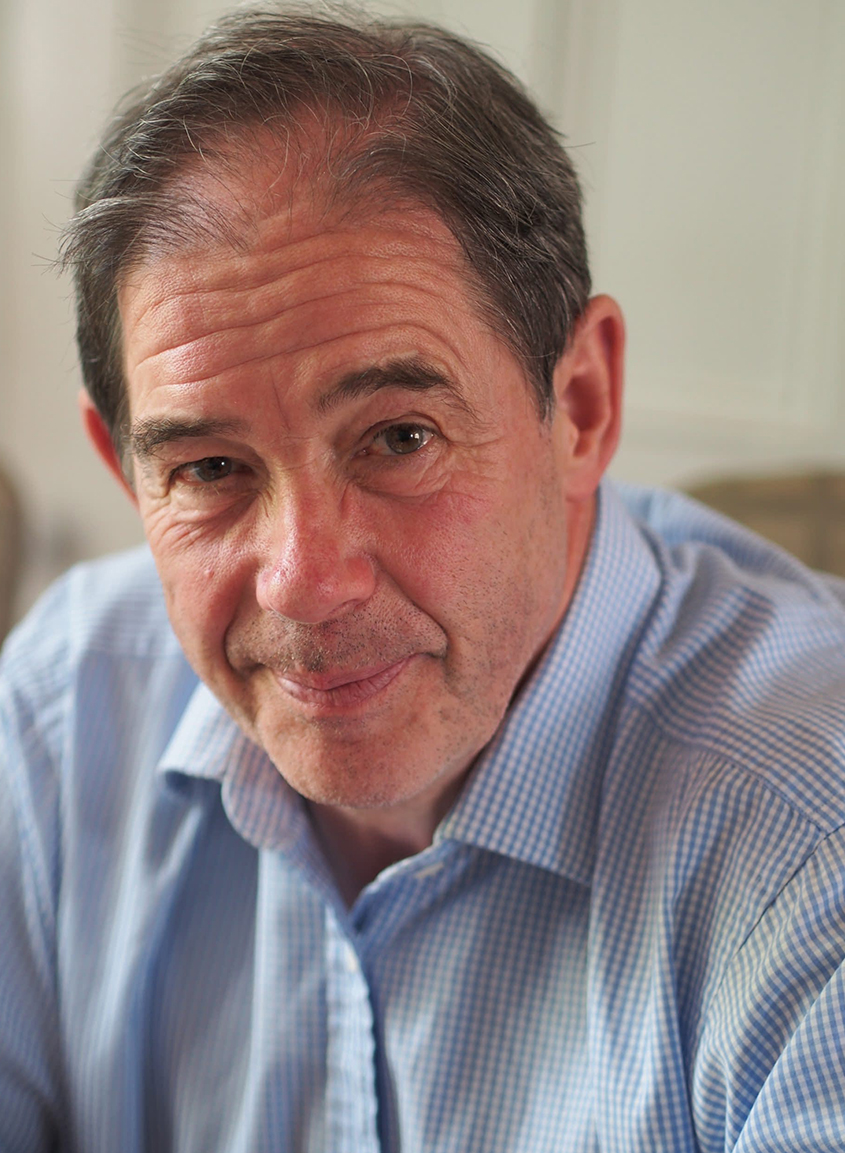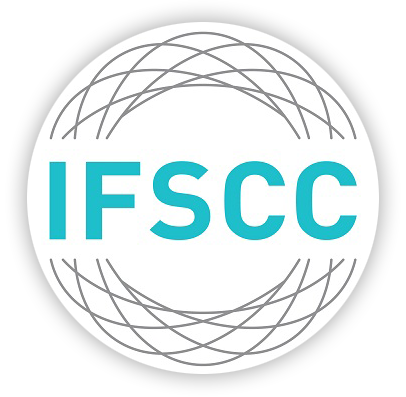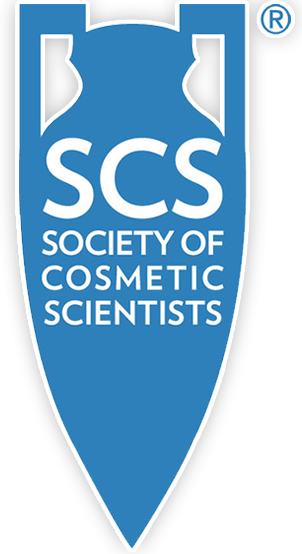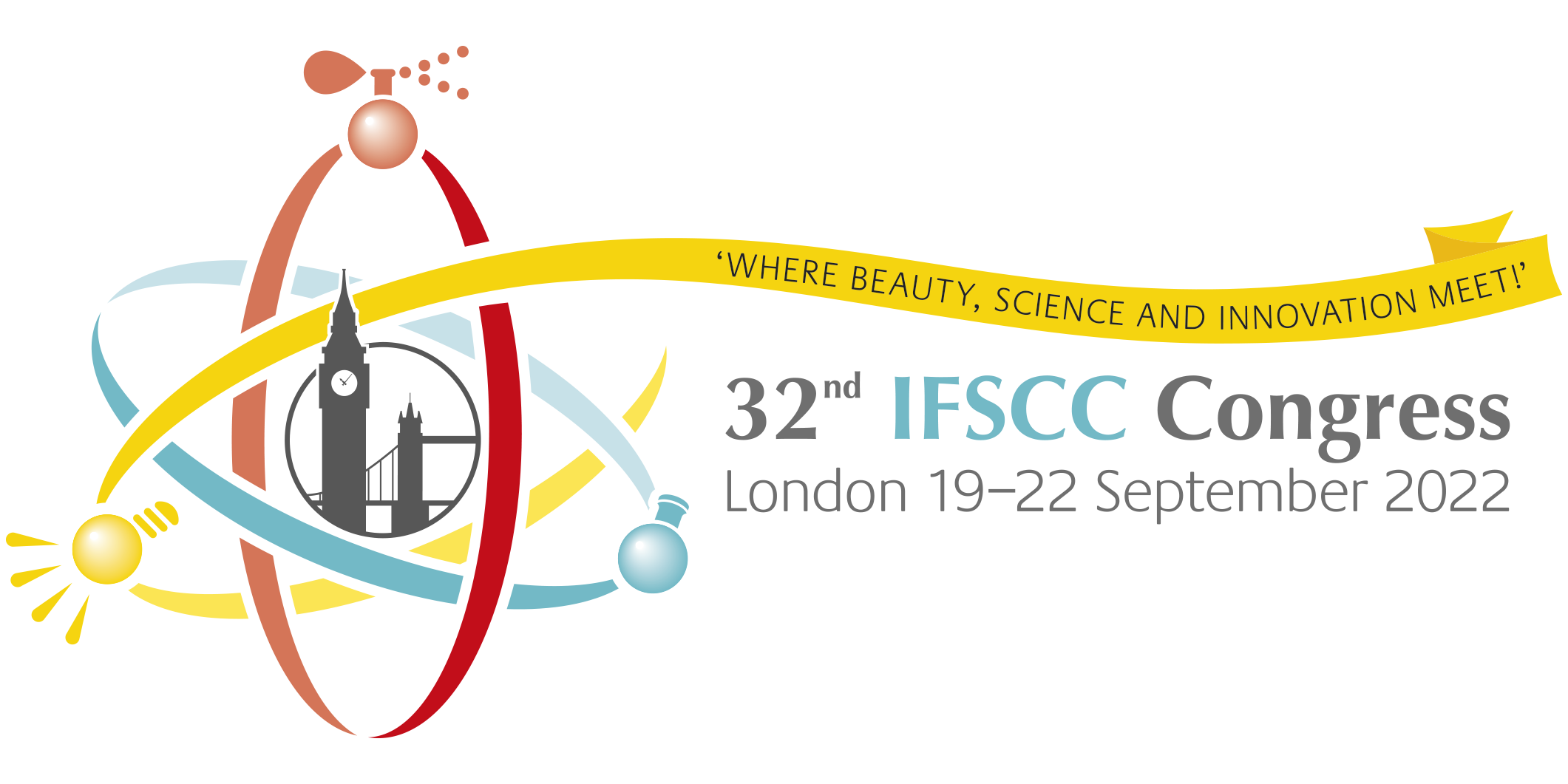- Keynote Speakers
We are delighted that the following distinguished keynote speakers will be part of the 32nd IFSCC Congress London:
Prof. Charles Spence
Dept. Experimental Psychology, Oxford
Tony O'Lenick
President, Nascent Technologies Corp.
Prof.em Franz J.Wortmann
UNIVERSITY OF MANCHESTER
Prof. Desmond J. Tobin
Charles Institute of Dermatology, UCD School of Medicine, Dublin.
Prof. Rachel Watson
UNIVERSITY OF MANCHESTER
Dr. Tomonobu Ezure
Principal Chief Scientist Shiseido Company Ltd
Baroness Susan Greenfield, CBE, FRCP (Hon)
FOUNDER AND CEO OF NEURO-BIO LTD
Dr Magali Moreau PhD
Principal Scientist - L’Oréal Research & Innovation
Sir Jonathon Porritt CBE
CO-FOUNDER OF FORUM FOR THE FUTURE
